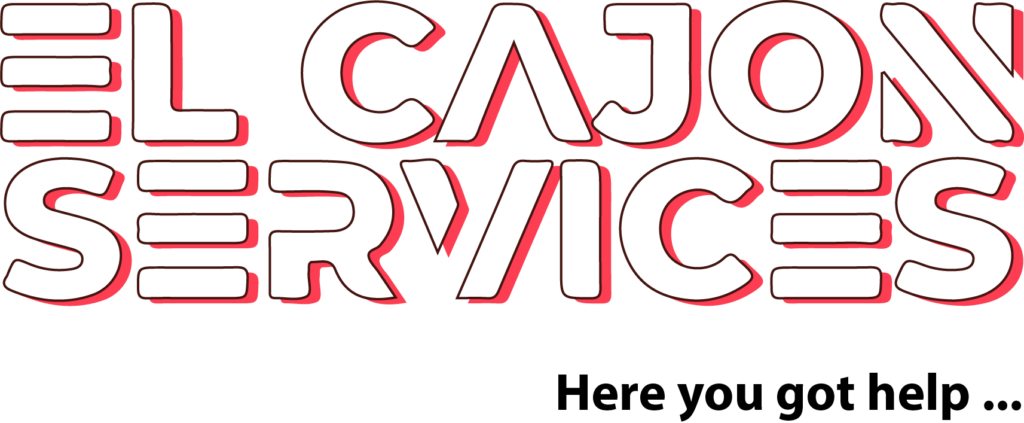Your Local SEO and Digital Marketing Experts in San Diego County
The Pilet 5 is a Raspberry Pi 5-powered handheld computer with a 5 inch display, a built-in keyboard, and a set of buttons, joysticks, and scroll wheels for navigation and gaming. And the Pilet 7 is a portable computer with a larger display and a modular design: you can attach a keyboard, gamepad, or other accessories to the bottom.
Both are open source hardware projects that have been under development for a while, and now the soulscircuit team has launched a Kickstarter crowdfunding campaign in hopes of shipping Pilet systems to backers this summer. Reward levels start at about $200, but keep in mind that the Pilet ships without a Raspberry Pi 5 – you’ll need to bring your own, which drives up the cost of these portable computers if you don’t already have one of Raspberry Pi’s single-board computers lying around.
That said, there are some advantages to omitting the actual computer from this kit. One is that if you do already have one then you don’t have to pay for another. A second is that you can choose which Raspberry Pi 5 you want to use – the little computer is available with as little as 2GB of RAM or as much as 16GB.
The base unit also doesn’t include batteries, but you can either add an optional 8,000 mAh battery module as an add-on or source your own. Soulscircuit says the battery LiPo battery it provides offers up to 7 hours of battery life.
So if the kit doesn’t include the Raspberry Pi itself, what do you get?
- 5 or 7 inch, 1280 x 800 pixel IPS LCD display
- Case with access to:
- 2 micro HDMI ports
- 2 USB 3.0 ports
- 2 USB 2.0 ports
- Ethernet port
- SD card reader
- GPIO pins
- Support for 3.7V LiPo and Li-Ion batteries or 5V USB-C power sources
- WiFi 5, Bluetooth 5
There’s also support for optional modules with features like a PCIe NVMe SSD or cellular modem.
The Pilet 5’s built-in keyboard is designed for thumb typing and features a trackball, scroll wheel, and D-pad buttons for navigation as well as a four action buttons for gaming and a touchscreen display.

While the internal components of the Pilet 7 are largely the same, the bigger model is more of a tablet with a modular panel on the bottom that lets you attach removable modules including a thumb keyboard with a touchpad and scroll wheel, a game pad, or other modules for different input devices (or other applications).
Both Pilet systems are designed to run open source software – they’re compatible with just about any GNU/Linux distro or other operating system that runs on the Raspberry Pi, but soulscircuit is also developing its own Pilet OS that will be optimized for the handhelds.
The team has also promised to release firmware, custom software, schematics and PCB and CAD design files under the CERN-OHL-S license after launch, which should make it easy for Pilet users to customize their devices or for anyone to try creating their own from scratch (although I suspect you’d probably end up spending more do to that than you would if you just backed the crowdfunding campaign).
Keep in mind that there’s always some risk involved with crowdfunding projects – while the soulscircuit team has been showing off prototypes for months, there are still some features that haven’t yet been finalized (like the keyboard and gamepad modules), and there’s a chance that “unforeseen issues” could lead to Pilet systems being delayed past the estimated ship date of July, 2025.
Liliputing’s primary sources of revenue are advertising and affiliate links (if you click the “Shop” button at the top of the page and buy something on Amazon, for example, we’ll get a small commission).
But there are several ways you can support the site directly even if you’re using an ad blocker* and hate online shopping.
Contribute to our Patreon campaign
or…
Contribute via PayPal
* If you are using an ad blocker like uBlock Origin and seeing a pop-up message at the bottom of the screen, we have a guide that may help you disable it.
Join 9,556 other subscribers










